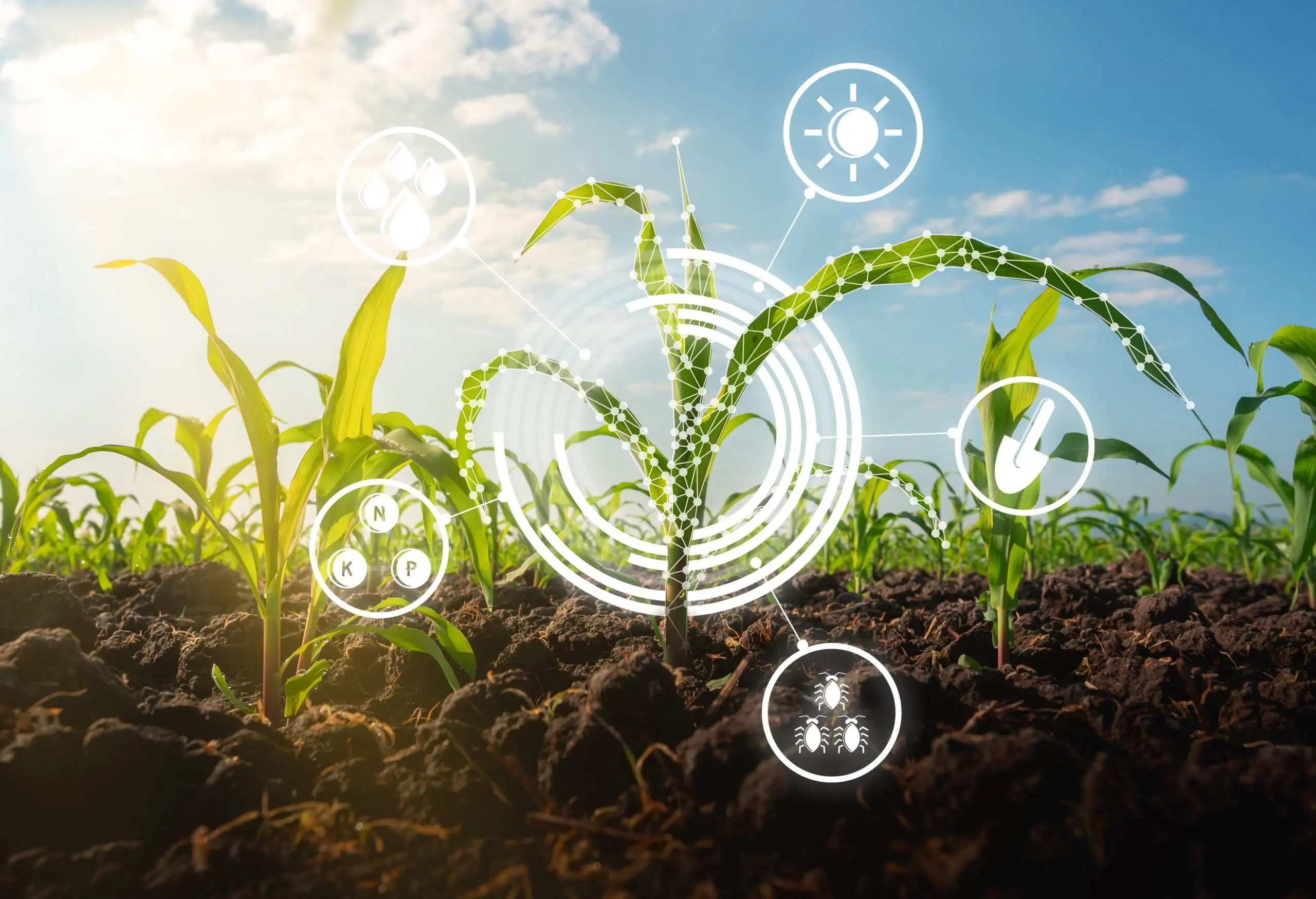
Sustainable agriculture refers to a system of farming that prioritizes the long-term health of the soil, environment, and communities. In recent years, there has been an increasing emphasis on sustainable agriculture in Africa, driven by the need to address environmental degradation, food insecurity, and poverty. Green technology has emerged as a critical tool for promoting sustainable agriculture in Africa. In this article, we discuss the role of green technology in African farming with examples.
- Conservation agriculture
Conservation agriculture is a sustainable farming system that involves minimum soil disturbance, crop rotation, and the use of cover crops to improve soil health and productivity. This system promotes soil conservation, reduces water use, and enhances biodiversity. In Africa, conservation agriculture has been adopted by many smallholder farmers, especially in countries such as Zambia, Zimbabwe, and Malawi.
For example, in Zambia, the government has implemented a program to promote conservation agriculture among smallholder farmers. The program has provided training and support to farmers on minimum tillage, crop rotation, and the use of cover crops. As a result, farmers have reported improved soil health, increased crop yields, and reduced water use.
- Renewable energy
Renewable energy, such as solar power, wind power, and biogas, has emerged as a critical tool for promoting sustainable agriculture in Africa. Renewable energy can provide farmers with reliable and affordable energy sources, reducing their dependence on fossil fuels and increasing their energy security.
For example, in Kenya, the government has implemented a program to promote the use of solar power among smallholder farmers. The program has provided subsidies for the purchase of solar-powered irrigation systems, which have enabled farmers to irrigate their crops more efficiently and reduce their energy costs.
- Precision agriculture
Precision agriculture involves the use of technology, such as GPS, sensors, and drones, to optimize crop yields and reduce resource use. This system enables farmers to apply inputs, such as water, fertilizers, and pesticides, precisely where they are needed, reducing waste and environmental impact.
For example, in South Africa, a company called Aerobotics has developed a precision agriculture system that uses drones and artificial intelligence to monitor crop health and predict yields. The system enables farmers to identify crop diseases, pests, and nutrient deficiencies early and take corrective measures, reducing crop losses and improving yields.
- Organic farming
Organic farming involves the use of natural methods to improve soil health and control pests and diseases. This system promotes biodiversity, reduces chemical use, and enhances soil fertility.
For example, in Ethiopia, a company called Maa-Bara has developed an organic farming system that uses composting, crop rotation, and intercropping to improve soil health and productivity. The system has enabled farmers to reduce their reliance on chemical fertilizers and pesticides and produce healthy and nutritious crops.
In conclusion, green technology has emerged as a critical tool for promoting sustainable agriculture in Africa. The examples discussed above demonstrate the potential of green technology to improve soil health, conserve resources, and enhance productivity while reducing environmental impact. Governments and development partners should invest in green technology to support smallholder farmers and promote sustainable agriculture in Africa.


















